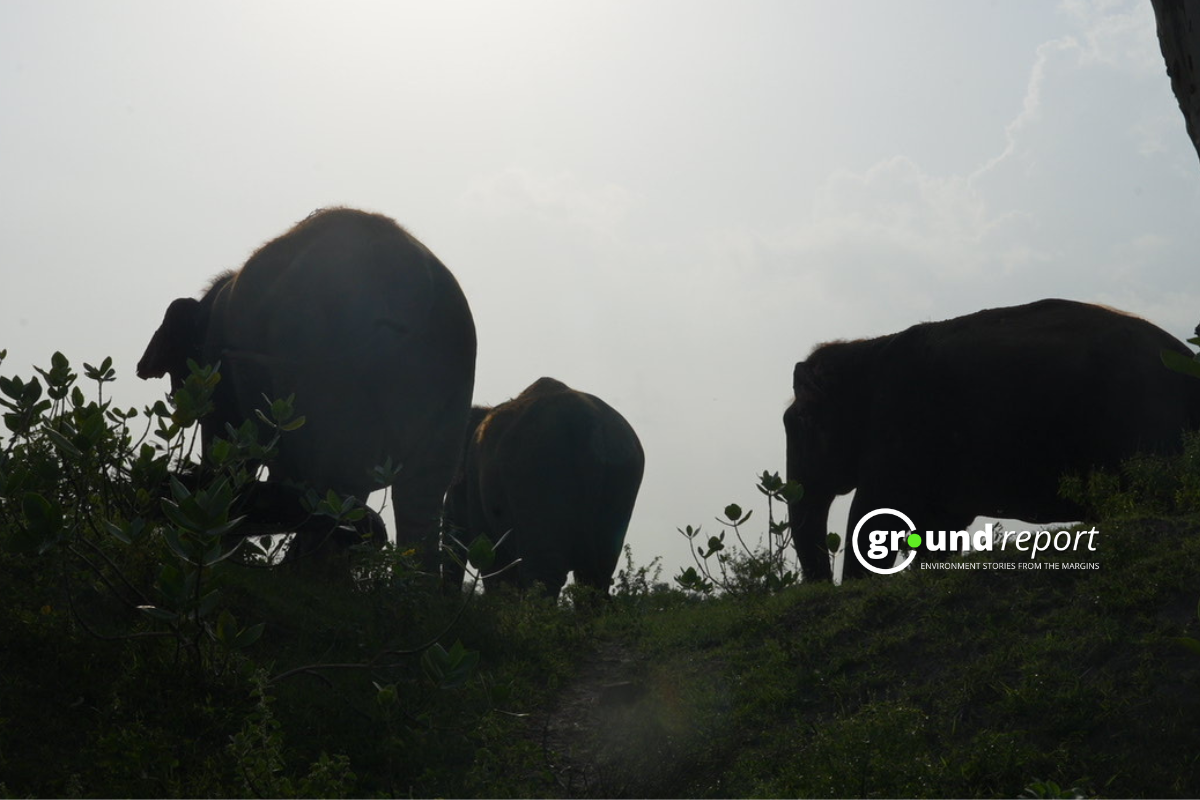A new study published May 1, 2023, in the Proceedings of the National Academy of Sciences found that birth rates for bird species have been declining around the world due to climate change.
The researchers analyzed 201 wild bird populations across all continents between 1970 and 2019 and noted a decline in brood production over the past 50 years, with significant variation between species and populations.
The research found that larger birds and migratory birds experienced a decrease in brood production, while smaller-bodied and sedentary species showed an increase.
The study found that climate change has caused a decline in brood production of bird species globally over the past five decades. The researchers analyzed 201 wild bird populations across all continents from 1970 to 2019 and found large variations between species and populations in declines in brood production.
The study led by Lucyna Halupka of the University of Wrocław, Poland, noted that body mass was a key factor associated with changes in clutch size and offspring production. Larger species with a body mass greater than one kilogram for sedentary species and 50 grams for migratory species were found to be more vulnerable to decreased production of offspring.
Furthermore, climatic variability, along with migratory habits and the number of young raised in the breeding season, played an important role in affecting the young production of bird species.
Non-migratory species, especially smaller ones, can generally adapt to changes in local conditions and may benefit from climate warming, while migratory species, all but the smallest, may suffer.
What were the main findings?
According to a study, several bird species have experienced a decline in brood production due to climate change. The study, which looked at 201 wild bird populations around the world between 1970 and 2019, found that larger, more migratory birds were more vulnerable to this decline.
Species with the largest declines in pup production include the Montagu’s Harrier, White Stork, and Roseate Tern. On the other hand, some smaller, non-migratory species such as the Eurasian wryneck and prothonotary warbler experienced an increase in pup production.
Researchers have been studying prothonotary warblers in southern Illinois since 1994 and found that they had more pups per female when local temperatures were warmer.
Adaptation of species to climate
Since 1994, researchers have been studying prothonotary warblers, which are small, migratory birds that breed in forested swamps and wetlands in southern Illinois.
Their study population has experienced an increase in offspring production over time, particularly in warmer years. This is because females lay eggs earlier in the season, increasing the chances of producing two clutches of chicks in a single breeding season.
Prothonotary warblers feed on insects in an insect-rich habitat and, thus far, rising local temperatures have not caused a mismatch between maximum insect availability and maximum demand.
Keep Reading
Part 1: Cloudburst in Ganderbal’s Padabal village & unfulfilled promises
India braces for intense 2024 monsoon amid recent deadly weather trends
Support us to keep independent environmental journalism alive in India.
Follow Ground Report on X, Instagram and Facebook for environmental and underreported stories from the margins. Give us feedback on our email id greport2018@gmail.com.
Don’t forget to Subscribe to our weekly newsletter, Join our community on WhatsApp, and Follow our YouTube Channel for video stories.








